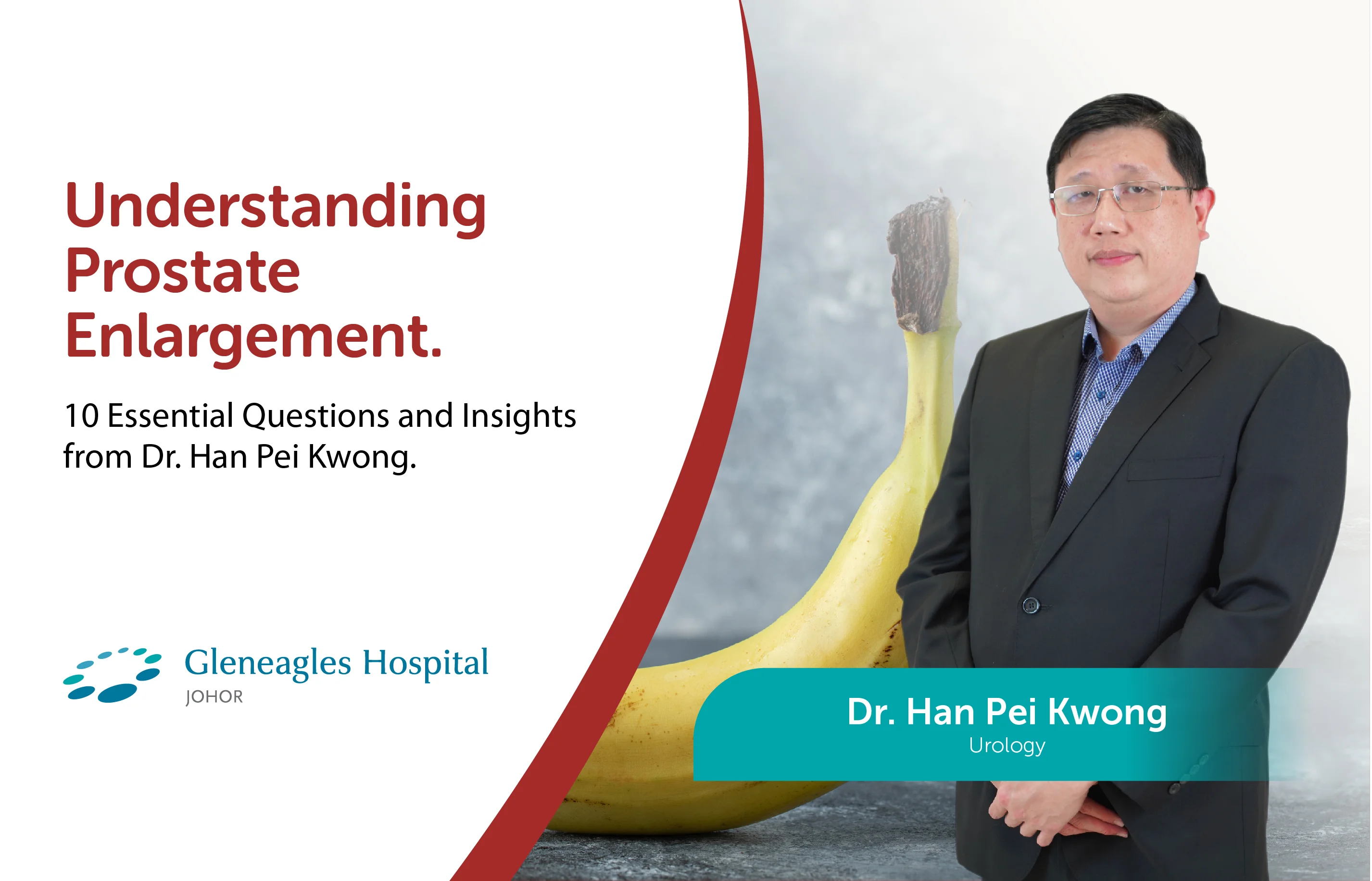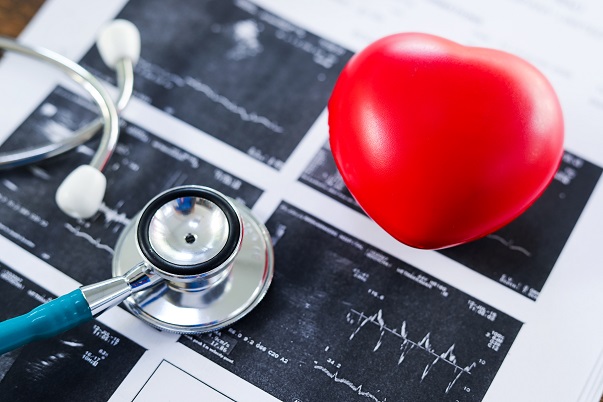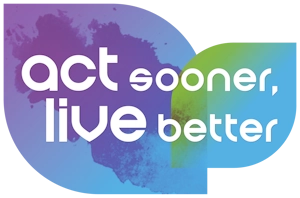Ini Mungkin Menarik Bagi Anda

The prostate is a key part of the male reproductive system and can sometimes cause discomfort and embarrassment. Many men avoid discussing prostate issues due to their sensitive nature. Dr. Han Pei Kw...
.webp?sfvrsn=cac9ca10_7)
At Gleneagles Hospital Johor, we are proud to embrace the latest advancements in medical technology to provide our patients with the best care possible. One of the most exciting developments in the fi...
6fddc7d0-20f4-4624-b0a2-4e1017fc3b63.jpg?sfvrsn=404d305_6)
Coronary heart disease causes the dangerous thickening and narrowing of the coronary arteries (the vessels that bring blood to the heart), which disrupts the flow of oxygen and nutrients to the heart,...
cdd280d3-fa9c-4039-b020-f062e04d69fe.jpg?sfvrsn=79f2453f_6)
Chorea is a symptom and not a specific disease, in the same way a fever can happen for many different reasons. In most forms of chorea, there is an excess of dopamine, the main neurotransmitter in the...

Heart failure is a major health and economic burden in Southeast Asia. Coronary artery disease and hypertension are the main causes of heart failure among adults in this region, accounting for almost ...

Sydenham chorea, also known as St. Vitus’s dance, is a complication of rheumatic fever, which itself is a childhood infection caused by certain streptococci.



9dfb022d-396d-4a77-a105-792b46a8c9df.png?sfvrsn=6f8e50ab_7)




